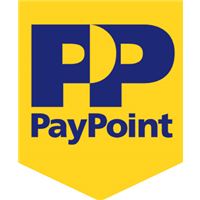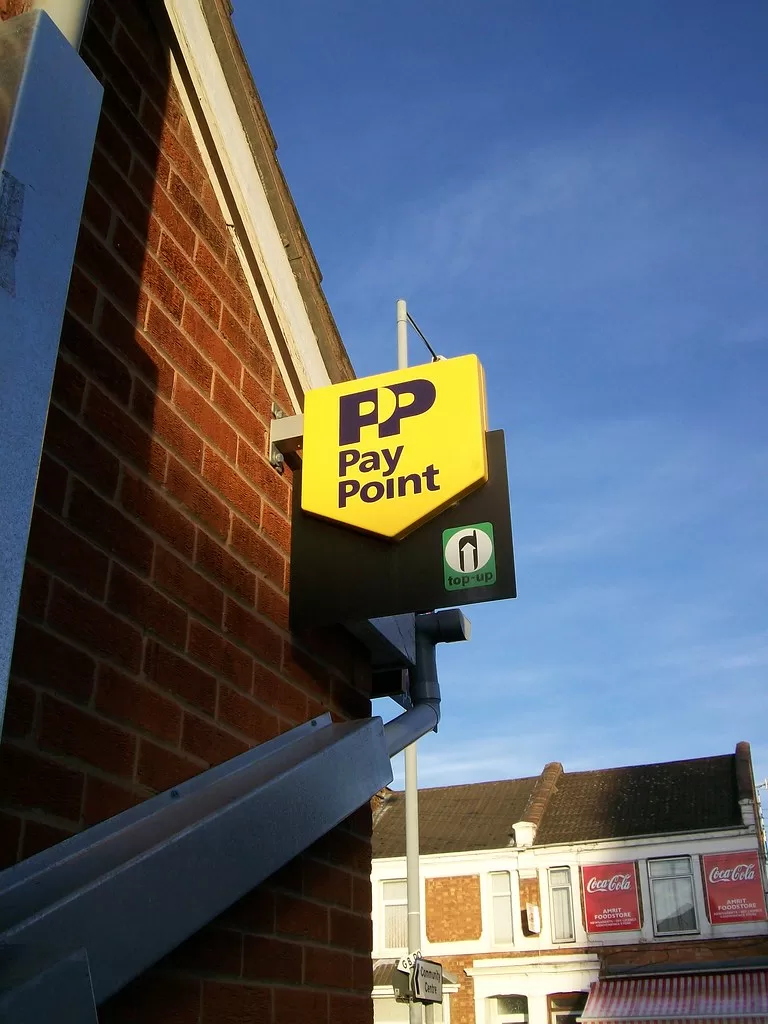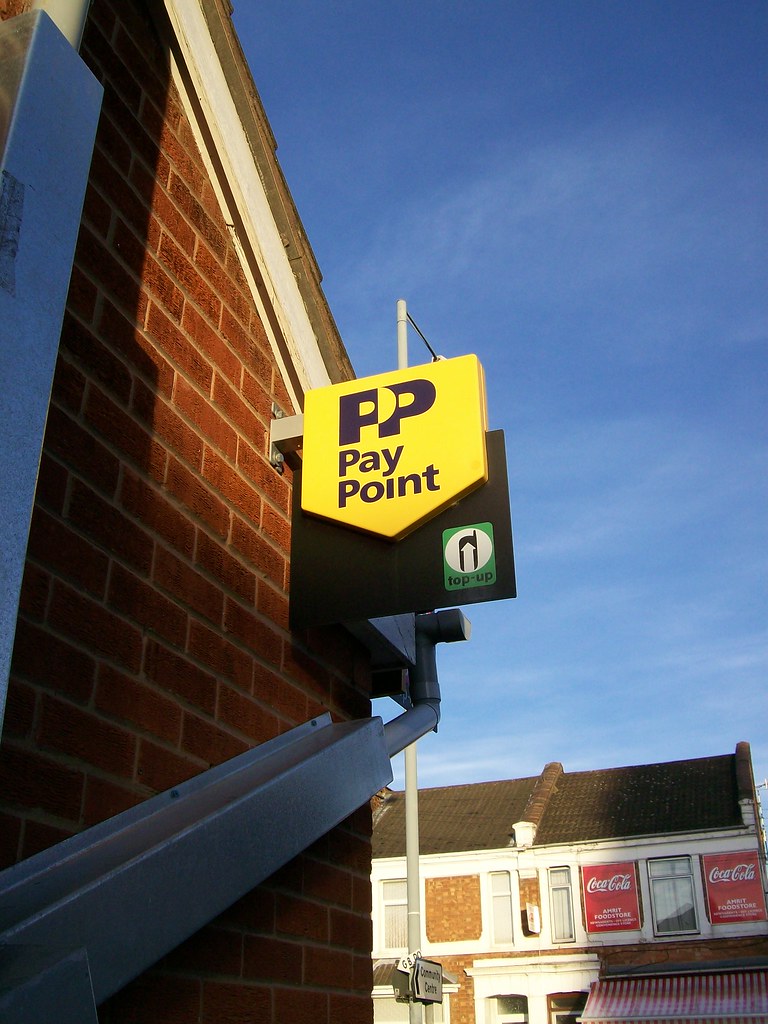Paypoint (LON:PAY) announced its results for the six months to 30 September 2019.
- Embed PayPoint at the heart of convenience retail
- PayPoint One installed in 15,088 sites as at 30 September 2019, an increase of 2,207 since 31 March 2019 and represents 86% of PayPoint’s independent retailer estate.
- PayPoint will significantly exceed its original target of 15,800 PayPoint One sites by 31 March 2020 with the legacy terminal largely retired from the independent retailer estate by that date. Our new target is 16,500 by 31 March 2020.
- PayPoint One average weekly service fee per site has grown to £15.5 from £15.0 last year and total service fee revenue has grown by 31.8% to £6.3 million versus £4.8 million last year.
- Card payment estate returned to growth, operating in 9,879 sites as at 30 September 2019 compared to 9,796 sites as at 31 March 2019.
- Become the definitive parcel point solution
- Good volumes from new parcel partners delivered a 15.1% growth in parcel volume.
- eBay, Amazon, FedEx and DHL now5 integrated into network, 7,000 training sessions held with retailers on new parcel partners requirements.
- Collect+ Trust Pilot rating of 4.7 out of 5 maintained, reconfirming the leading service quality of Collect+.
- Sustain leadership in ‘pay-as-you go’ and grow digital bill payments
- 10 new clients were secured; 11 contracts renewed representing 17.0%6 of UK bill payments and top-ups annual net revenue. Renewed clients include Utilita and Paysafe.
- Continued strong growth in MultiPay with transaction growth of 33.5%; net revenue growth of 32.0%.
- New direct debit functionality now delivered with a strong pipeline of clients.
- Romania performed well, maintaining its market leadership position with good growth in net revenue from margin improvement.
- Innovate for future growth and profits
- Parcel mobile app now fully functional with parcel inventory management, character recognition and predictive text features.
- Organisation and service delivery
- Introduced call quality monitoring, improved first contact resolution by 10ppts.
- Bringing terminal repairs in-house reduced run rate costs by c£0.8 million p.a. and terminal swap rates by 57%, significantly improving the quality of service to our retailers.
Financial highlights
- Net revenue of £57.3 million was up by 3.0% on a reported basis and up 4.0% on an underlying basis, which excludes the £0.5 million final year impact from the Yodel renegotiation.
- Underlying net revenue growth was driven by strong performance in UK service fee revenue (up by 31.8%) Romania (up by 6.2%) and a resilient performance in UK bill payments and top-up businesses which were up by £0.2 million (0.7%).
- Costs of £33.2 million7 represent a £3.0 million increase from the prior period (£30.2 million). Excluding a one-off benefit in the prior period of £1.7 million from improved VAT recovery, costs increased by £1.3 million, reflecting investment into additional resources to integrate new parcel partners into the network and in the contact centre to further improve customer service.
- Profit before tax of £24.0 million was £1.3 million below prior year. Excluding the one-off VAT recovery benefit of £1.7 million and £0.5m Yodel impact in the prior year, underlying8 profit before tax was up £0.9 million (4.0%).
- Continued strong cash conversion with £27.1 million cash generated9 from profit before tax of £24.0 million.
- Net corporate debt of £12.3 million reflects cash balances of £5.7 million less £18.0 million financing facility usage.
- Ordinary interim dividend of 23.6 pence per share and an additional interim dividend of 18.4 pence per share declared. The total dividend of 42.0 pence per share will be paid in equal instalments of 21.0 pence per share on 30 December 2019 and 9 March 2020.
1 Net revenue is an alternative performance measure. Refer to note 4 to the financial information for a reconciliation to revenue.
2 Operating margin % is an alternative performance measure and is calculated by dividing operating profit by net revenue.
3 Cash generation is an alternative performance measure. Refer to the financial review – cash flow and liquidity for a reconciliation from profit before tax.
4 Net corporate (debt)/cash represents cash and cash equivalents excluding cash recognised as clients’ funds and retailers’ deposits, less amounts borrowed under financing facilities (excluding IFRS 16 liabilities).
5 As at 25 November 2019.
6 Net revenue of renewed clients divided by bill payments and top-ups net revenue for the last 12 months.
7 Costs consist of £24.9m administration expenses, other cost of revenue £8.2m (Note 5) and net finance costs of £0.1m.
8 Underlying profit excludes the impact of the one-off VAT benefit of £1.7 million and the £0.5 million Yodel renegotiation fee from the 30 September 2018 reported result.
9 Cash generation reflects operating cash flows including movements in working capital, but excluding movement in client and retailer deposits as detailed in note 15 to the interim financial statements.
10 Underlying profit before tax represents profit before tax of £24.0 million compared to prior periods profit before tax of £25.3 million after adjusting for the £1.7m one-off VAT benefit and £0.5 million Yodel renegotiation fee.
Nick Wiles, Executive Chairman of PayPoint plc, said:
“I’m pleased with the progress PayPoint has made over the past six months as continued execution against our stated strategic priorities has seen the business deliver net revenue growth of 3.0% and underlying profit before tax growth10 of 4.0%.
The roll out of PayPoint One has continued at pace, expanding to 15,92211 sites. The strong momentum we have seen means PayPoint is set to exceed its original target of 15,800 PayPoint One sites by 31 March 2020. Our new target for that date is now5 16,500 and will mean we have largely retired our legacy terminal from the UK independent retailer estate by 31 March 2020. Service fee revenue grew by 31.8% in the period and is now the largest net revenue contributor in our UK retail services business. We will invest further into our platform in the second half to drive further expansion of EPoS features, ensuring ongoing delivery of benefits to our retailers and more widely into the convenience sector.
In parcels, our new partnerships with eBay, Amazon, FedEx and DHL are now delivering good volumes driving overall parcel volume growth of 15.1% in the first half. There has also been a strong focus on operational excellence whilst onboarding our new partners. We also saw a resilient performance in our bill payments and top-up business, with energy transactions higher than the same period last year, delivering increased net revenue.
Ben Wishart was appointed as an independent non-executive director of the Company with effect from 14 November 2019. Ben will serve as a member of the nomination and remuneration committees together with the audit committee and its sub-committee, the Cyber & IT Committee.
Whilst the financial performance of the business will be influenced by parcel volumes and continued resilience in UK bill payments over the second half, the progress of the business during the first half, reported today, underpins the Board’s confidence that as PayPoint’s growth drivers continue to develop, there will be progression in profit before exceptional items and tax for the full financial year to 31 March 2020.”








































